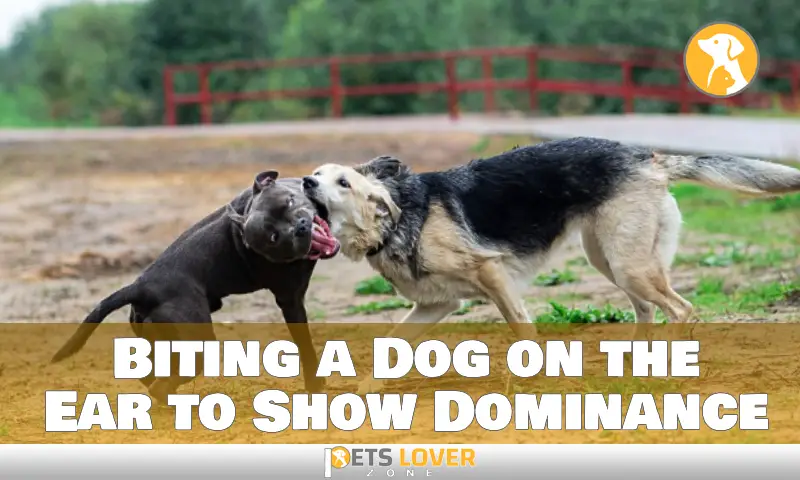All pups, including dachshund puppies, strongly desire to explore and engage with their surroundings through their mouths. This might result in biting behavior for their owners, which can be irritating and even painful. To avoid more biting concerns and raise a well-behaved dog, controlling and positively redirecting this behavior is essential. Your dachshund puppy can learn to stop their biting behavior with time, training, and tolerance.
How To Provide Appropriate Chewing Toys And Outlets
Puppies frequently bite because they are teething and need to relieve the pain of their developing teeth. It’s essential to provide your dachshund puppy the suitable chew toys to satisfy their innate drive to chew because doing so can reduce their discomfort and refocus their biting.
However, chewable, interactive toys that dispense treats and hard rubber toys are all excellent choices. Avoid providing your puppy soft toys or household items since they can misinterpret them for proper chew toys and continue to gnaw on them even after their teeth have entirely developed. Remember that your puppy is still learning what is acceptable and inappropriate to chew on, and your instruction and patience will aid in their speedy learning.
Additionally, it’s essential to keep an eye on your puppy when they play with their toys to make sure they don’t eat any small parts. Rotating the toys is also a good idea to keep your dog interested and entertained.
How To Distinguish Between Play Biting And Aggressive Biting
When attempting to control your dachshund puppy’s biting behavior, it’s required to distinguish between play biting and aggressive biting. Puppies frequently engage in play biting, which is characterized by a light, nipping bite without much force. Positive reinforcement training approaches can be used to redirect this form of biting, which frequently has playful body language, into proper behavior.
Aggressive biting, on the other hand, is distinguished by a harsher bite and could be accompanied by growling or hostile body language. A trained trainer or behaviorist should address this form of biting since it typically indicates fear or dominance.
On the other hand, teach your puppy a substitute behavior, such as fetching a toy or sitting for a treat, to replace play biting with acceptable behavior. If your puppy bites you while you’re playing, yell “ouch” and quit. You can resume playing after a brief break, rewarding your puppy when they behave well.
Finally, when training your dachshund puppy to stop biting, it’s essential to be persistent and patient. Your puppy will learn to control their biting behavior and develop into a well-behaved companion with training that emphasizes positive reward and constant direction.
Understanding How Dominance And Submission Can Play A Role In Biting Behavior
Dominance and submission can play a role in biting behavior, particularly in dogs like dachshunds that have a strong pack mentality. When a dog or puppy feels that their place in the pack is being threatened, dominance-related biting can happen as a means of retaliation. More problematic bites and combative body language are typical characteristics of this form of biting.
It’s critical to set up precise and dependable limits and regulations for your puppy in order to position yourself as the pack leader and avoid dominance-related biting. Setting guidelines for things like where they can go, what they can do, and what they are allowed to chew on is part of this. You should also demonstrate your dominance through training, such as rewarding your puppy for good conduct and scolding them for poor behavior.
Additionally, establishing yourself as the leader in your interactions with your puppy is also crucial. This entails maintaining composure and assertiveness when issuing directions and restraining your puppy from overpowering you during play or social encounters.
Therefore, consistency in your training and commanding is also essential since it will assist your puppy in realizing what is expected of them and make it simpler for them to grasp where they fit into the pack.
How To Address Underlying Emotional Issues
Dachshund puppies who are afraid or anxious may bite to defend themselves or express their worry. So, It’s very critical to pinpoint the underlying causes of your puppy’s fear or anxiety and deal with those problems. This may entail using positive reinforcement training to desensitize your puppy to their anxiety triggers, such as loud noises or strange persons.
Furthermore, giving your puppy a safe and secure environment is also vital, as this can lessen their nervousness. This entails giving them a cozy and peaceful place to go when they are feeling worried and regular exercise and cerebral stimulation to keep them tired and calm.
In order to treat the underlying emotional issues causing your dog’s behavior problems, it is recommended to get assistance from a qualified dog trainer or behaviorist.
Therefore, in order to treat the underlying emotional issues causing your dog’s behavior problems, it is recommended to get assistance from a qualified dog trainer or behaviorist. Always remember that you may help your dachshund puppy feel safer and less worried, which will lessen their biting by providing continuous training, patience, and knowledge of their emotional requirements.
People Also Like: How To Potty Train A Samoyed Puppy
Conclusion
In conclusion, biting behavior in dachshund puppies can be controlled and redirected with positive reinforcement training, sensible limits, and continuous direction. The rewards of raising a well-behaved, content dog are well worth the effort, but addressing biting behavior needs patience and perseverance. It’s crucial to be patient and persistent in discovering the correct method for your dog because each puppy is unique and may have various reasons for biting.





